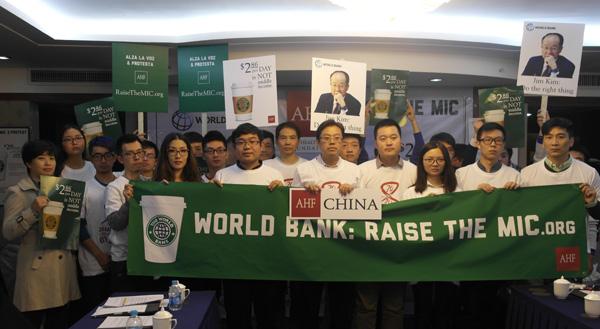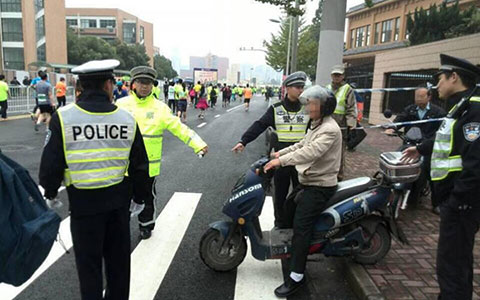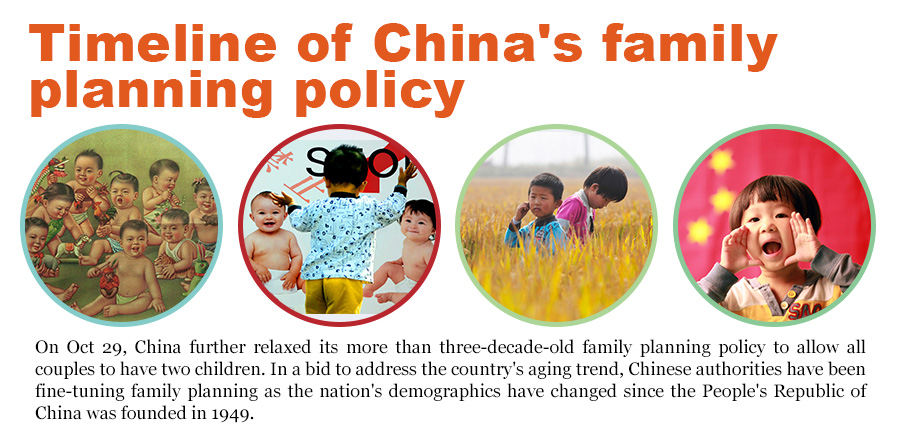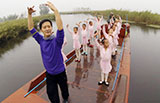Money woes hobble anti-AIDS groups
By Shan Juan (China Daily) Updated: 2015-11-09 08:51
|
An AIDS control worker distributes free condoms to passengers in a subway in Wuhan, Hubei province, last year. Shi Ji / China Daily |
Private organizations committed to HIV/AIDS control are heading into another cold winter without the support of the Global Fund to Fight AIDS, Tuberculosis and Malaria, which pulled out of China in 2011.
From 2002 until then, the biggest international fund ever in health had given China grants totaling $804 million, but it left four years ago because the World Bank reclassified it as an upper-middle-income country.
The Global Fund had required involvement of private organizations, "thus its departure has substantially affected those organizations and even the HIV intervention efforts in general," said Cheng Xiang, director of Beijing Ren'ai Group, which is committed to HIV prevention among gay people.
More than 1,000 private Chinese organizations engaged in AIDS control, including Ren'ai, used to receive project grants from the Global Fund, from several thousand to hundreds of thousands of yuan, according to Ren Minghui, chief of international cooperation at the National Health and Family Planning Commission.
After the Global Fund left, almost 40 percent of those groups folded because of financial difficulties, insiders said.
"That put an end to many HIV control initiatives," Cheng said. Many of the private organizations are the work of people from susceptible groups, such as gay men and prostitutes, so they have an advantage over the health authority in reaching out with intervention to those at high risk.
|
 |
|
As part of a global campaign, the China branch of the US-based AIDS Healthcare Foundation (AHF) launched a campaign on Nov. 6 in Beijing urging the World Bank to reconsider and adjust its middle income classification standard, which impacted many countries worldwide negatively particularly in HIV/AIDS control efforts. Local anti-AIDS civil societies joined the effort by led by AHF to show their support. [Photo for chinadaily.com.cn] |
Xiao Dong, head of China Rainbow, an anti-AIDS organization, said he and his colleagues went to gay bars in Beijing to promote HIV prevention, distribute free condoms and lubricants, and provide rapid testing.
"They are happy with our services because we're from the same community. Government officials couldn't do what we do," he said, calling for more government support for their work.
According to Wu Zunyou, head of the National Center for AIDS/STD Control and Prevention, HIV/AIDS hit gay men hard in recent years, accounting for more than 85 percent of the new diagnoses in some big cities.
"I think the private organizations will play a greater role in helping to address the challenge," he said.
Michael Weinstein, president of the AIDS Healthcare Foundation in the US, said some other countries suffered even more with decreased international support.
Since 2000, the World Bank has reclassified 28 countries from low-to middle-income, after which they faced increased prices for AIDS drugs, through the tiered pricing system of pharmaceutical companies, and reductions in foreign aid, he said.
Seventy-five percent of the world's poor now live in middle-income countries, and so do the majority of HIV sufferers, he said.
"With the largest proportion of the global HIV burden, they are fighting the epidemic with less money."
In an open letter to World Bank President Jim Yong Kim, Weinstein called for a revision of the classification system "which is not linked to public health realities on the ground."
shanjuan@chinadaily.com.cn
- Heavy smog to linger until weekend
- More than 250 telecom fraud suspects returned from Indonesia, Cambodia
- Most couples want two children, top health official says
- Smog set to tighten grip on northeast
- Washington 'showing anxiety in stance adopted toward Beijing'
- Colleges lag in overseas outreach
- Xi presses reform, innovation
- Debate lingers over impact of meeting
- Competitive walking the new cult of urbanite in China
- Xi-Ma meeting turns historic page in cross-Strait relations: official








